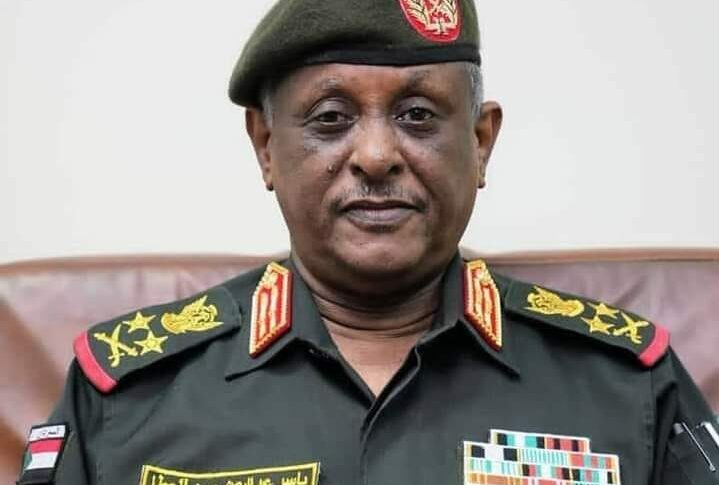
The General Appears in His Weakest Leadership State in the Face of the ``Al-Atta Statements Crisis``
Abdullah Rizk Abu Seimazah
The United Arab Emirates (UAE) evacuated its ambassador from Sudan, using a private plane from Port Sudan. This move indicates dissatisfaction, at least perhaps due to the Sudanese governments failure to fulfill its duty according to international laws and norms by providing protection to the ambassador. His safety seems to be threatened during the protests organized by remnants of the ousted regime after Friday prayers, demanding his expulsion. This comes in the context of the statements made by General Yasser Al-Atta, the Assistant to the Commander-in-Chief of the Armed Forces, accusing the UAE of supplying the Rapid Support Forces, which have been fighting the armed forces for over seven months, with weapons through Uganda initially and later through the cities of Um Jaras and NDjamena in Chad.
While no concrete reactions have been issued yet, except for the UAE Foreign Ministry summoning the Sudanese ambassador, whose content is still unknown, there have been rumors of counterstatements from a Ugandan official rejecting Al-Attas claims as absolute nonsense. It is not expected that these statements will pass without leaving an impact on Sudans foreign relations, adding a new crisis to what the country is already experiencing.
Looking at General Abdel Fattah Al-Burhan, the head of the Transitional Sovereignty Council and the Commander-in-Chief of the Armed Forces, missing the Climate Summit in Dubai, which concluded its proceedings yesterday, one can see some side effects of the statements incident. One of the targets of the war advocates among the Islamists, especially those who consider Al-Atta as Burhans successor in the command, as he hinders the "military resolution of the battle," as stated in an earlier statement by Islamist journalists. Al-Burhans absence obstructed a possible meeting on the sidelines of the summit with him and General Mohamed Hamdan Dagalo, possibly to discuss the possibility of a ceasefire. Al-Attas statements received condemnation from some political forces and acceptance from Islamists and remnants, raising concerns among the Sudanese community in the UAE.
The criticism directed at these statements revolves around their lack of diplomatic language and their issuance from an unauthoritative source. Regardless of the validity of the accusations, the danger lies in the fact that these accusations put Sudan in a confrontation with more than one country at a time when it is suffering from internal crises, including the war threatening its existence. The de facto government, which has committed to silence, seems to be shocked and has not taken any stance or action regarding these provocative statements. Al-Burhan ignored addressing the "Al-Atta Statements Crisis" during his speech to the army in Al-Qadarif, which was his first speech after the crisis. He also ignored it during his later speech in Omdurman.
In the face of this emerging crisis, General Al-Burhan appears to be in his weakest leadership state, torn between conflicting positions, paralyzed will, embarrassed, and lacking in tactics. He seems to be, on the one hand, complicit with the Islamists, not rejecting Al-Attas statement, perhaps planning to base his actions on it by severing Sudans relations with the UAE, filing a complaint against it to the United Nations Security Council, and declaring war on Chad. On the other hand, he did not endorse Al-Attas statement and what might follow, such as isolating Al-Atta and retiring him, apologizing to the UAE, Central Africa, Chad, and Uganda, in consideration of Sudans common interests with those countries.

